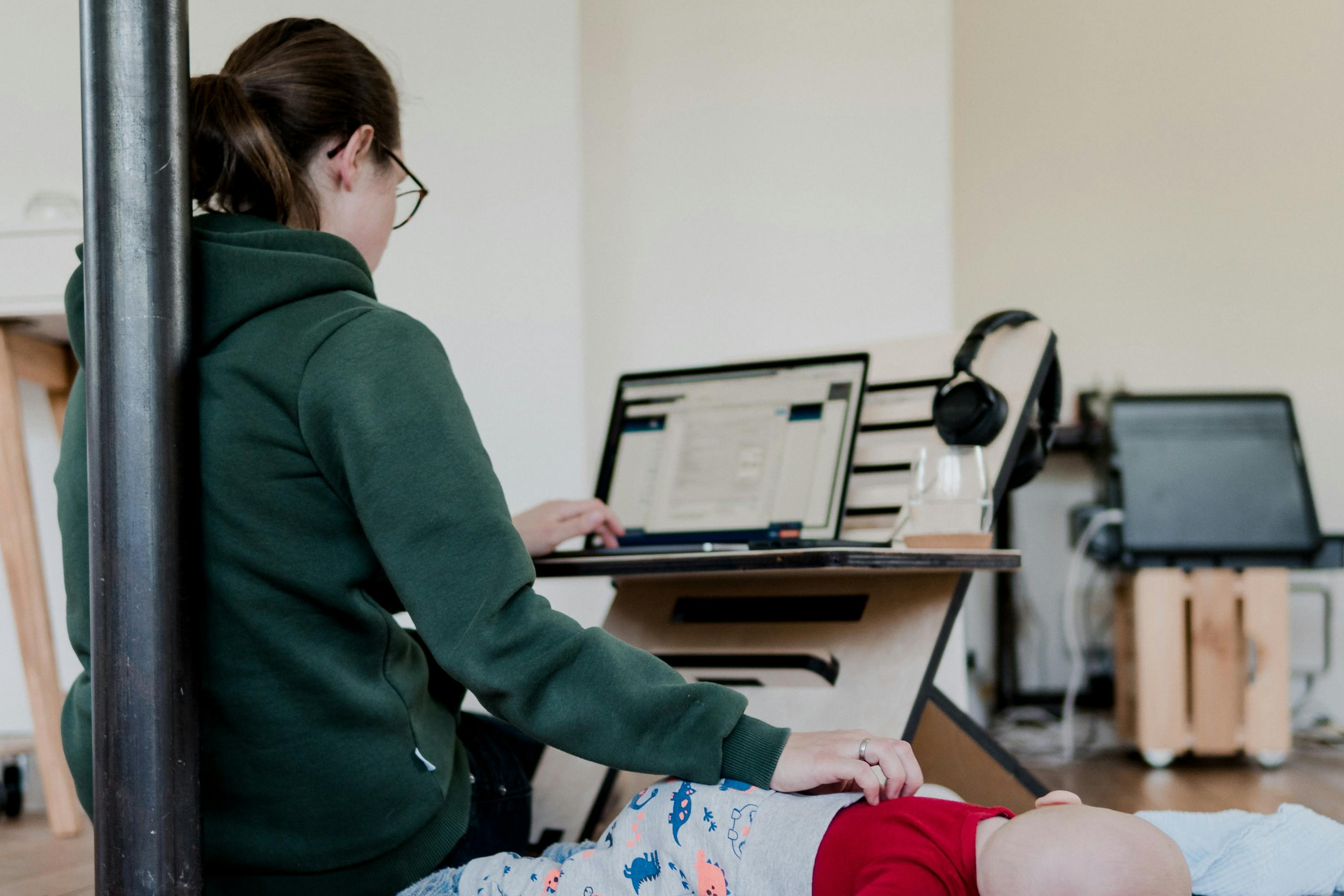OU COVID Research: Online Learning and Education · Editorial
Researching the effect of Covid-19 on OU students

A project led by the Institute of Educational Technology has been funded to investigate the impact of the COVID-19 pandemic on students at the OU.
During the second national lockdown (November 2020), Dr Maria Aristeidou and Dr Nashwa Ismail, researchers at the OU’s Institute of Educational Technology, interviewed 30 OU students who had previously completed a survey about the impact of COVID-19 on their experience of learning at the OU.
The project was discussed at the OU COVID-19 Research: Online Learning and Education seminar, a free event which took place on Thursday, 27th May 2021. The seminar hosted a number of OU-funded researchers who discussed projects which have taken place during the COVID-19 pandemic to support online learning, teaching and training.
The OU has continued to develop its model of distance learning since its foundation in 1969, developing high-quality, established online teaching and support capability with its supported open learning model. However, on entering the first COVID-19 lockdown in the UK, the OU was aware that the pandemic may still impact the OU learners. More specifically, in-person examinations would not be possible to deliver amid the COVID-19 restrictions. As a result, exams were replaced with a calculation method for grades based on tutor-marked assessments.
This project explored various factors related to the effects of the COVID-19 pandemic, including the impact of COVID-19 on the academic progress of OU students, students’ communication with peers and tutors, their study behaviours and routines, and students’ recommendations on how the OU could better support students.
Discussing the areas which OU students highlighted, Dr Maria Aristeidou stated:
"The survey results showed that about one-third of our students had negative impacts on their studies. This interview study helped us to understand the reasons that affected (or not) students’ learning. Students mentioned that their studies were disrupted by their (now) working-at-home jobs and other distractions at home, and talked about digital fatigue. Some of the students were a bit disappointed or confused with the changes in the assessment; some others mentioned they were totally unaffected or even found the time to develop new skills and knowledge. Overall, students agreed that their learning was not impacted, like in other universities, and that the OU support was excellent."
Of the areas discussed, students acknowledged the OU’s ongoing support and unprecedented learning. Many referenced the specific support they had received from the OU with assessments, tutorials and helping communication between students with tutors and their peers.
Students also mentioned that COVID-19 has raised the need for open communication with recommendations made following feedback to build trust and keep communication clear. Students also recommended that individual motivations for studying a module be considered and mutually acknowledged during the course of the module to uphold motivation and incentive to study. Students also acknowledged that online tutorials use specific technology platforms, which could be used or managed in a more personal way through improved management and technology.
Discussing the results of the findings and the recommendations they will provide, Dr Nashwa Ismail stated:
"Many students agreed that the OU is at the head of the game to lead and manage distance learning compared with other universities. However, at these difficult times, it seems that work/life-related circumstances are the top conditions that impact OU students’ studies, and this finding should define the university’s next steps for tackling the pandemic impacts. Many interviewees were pleased that the project objectives aimed to understand better the impact of the Covid-19 pandemic on their studies. They considered it an opportunity for their voices to be heard about an ongoing matter that greatly concerns them due to the significant impact it can have on their studies."
To find out more about how this research has been carried out, visit the project page here.
